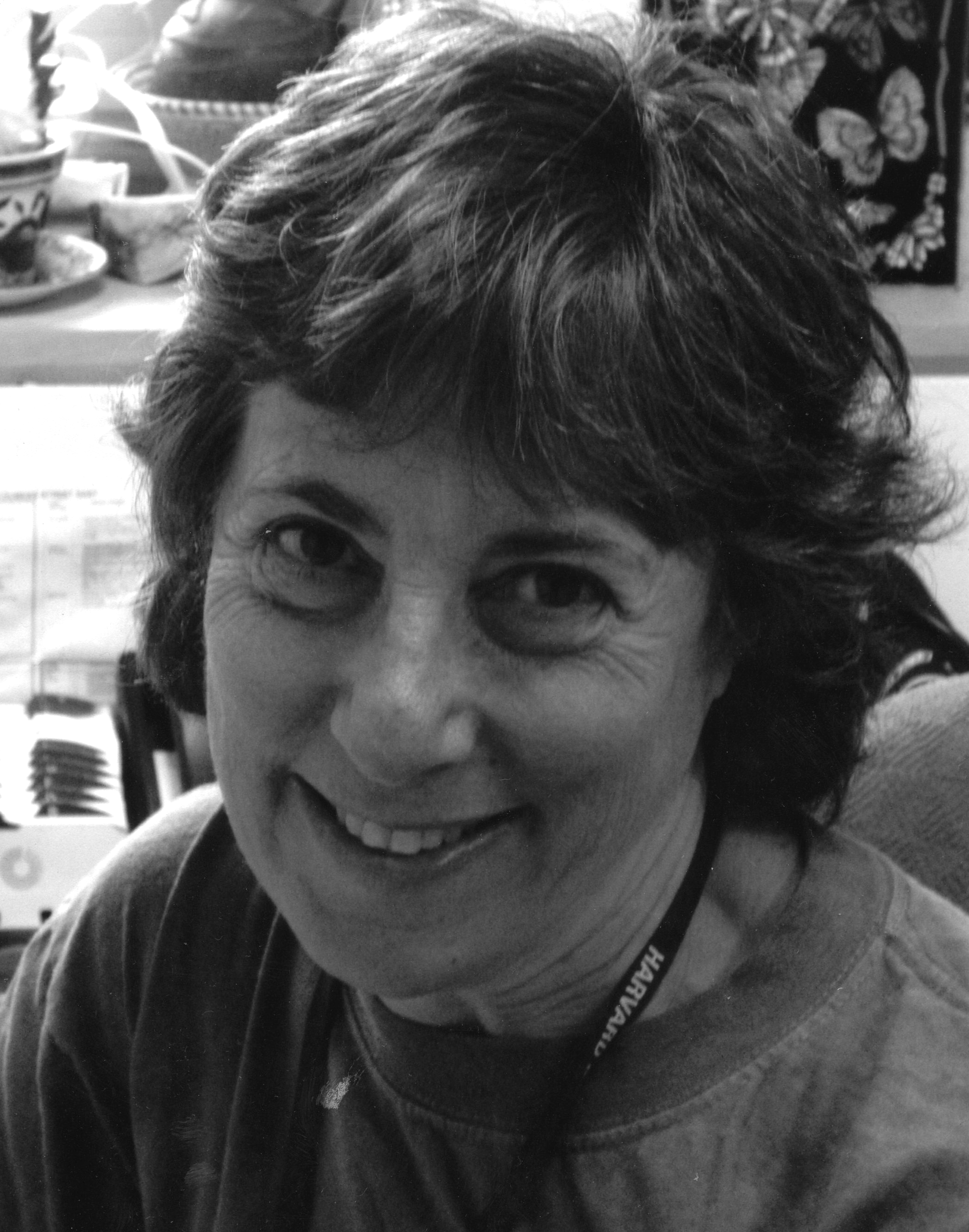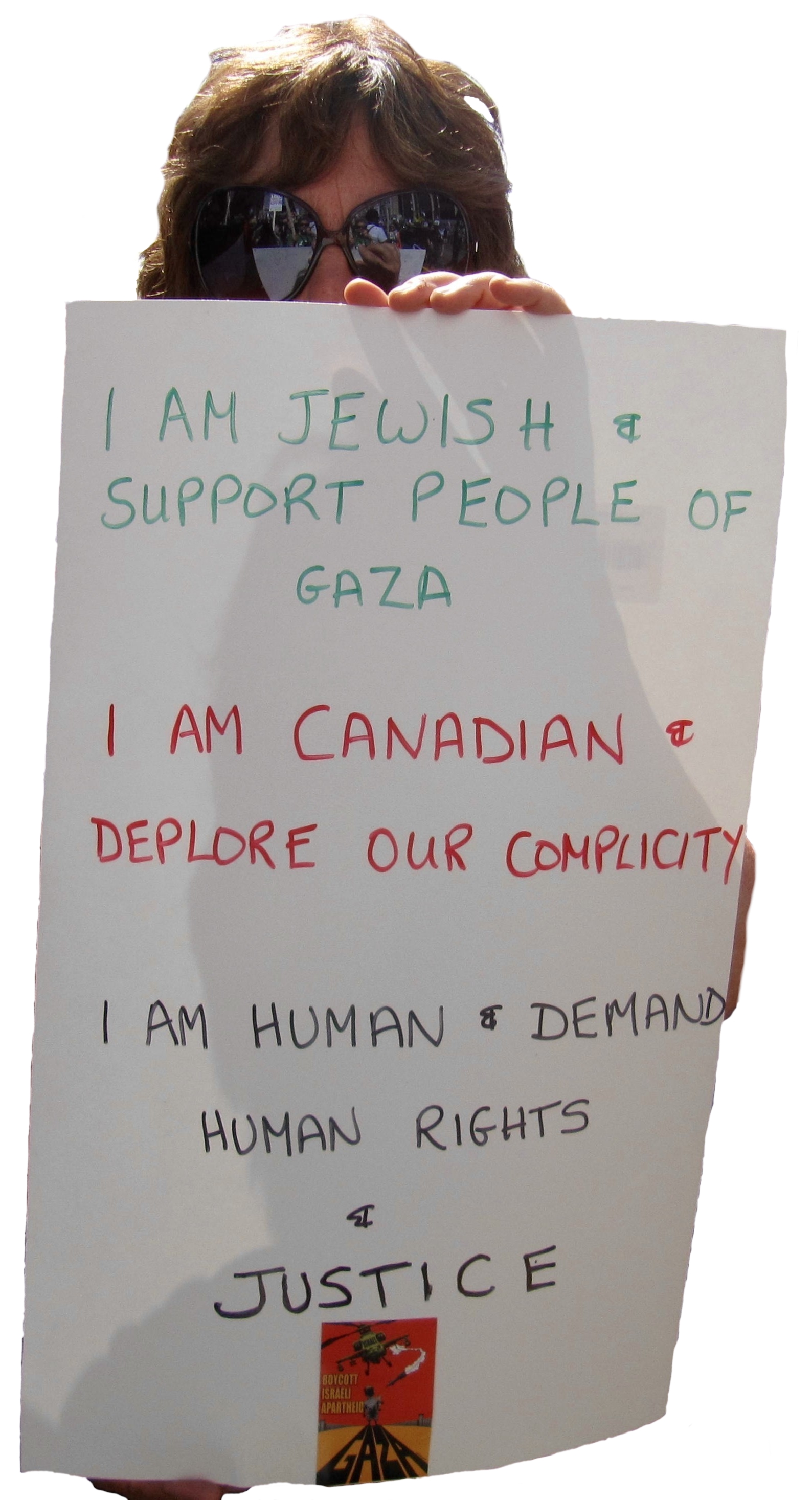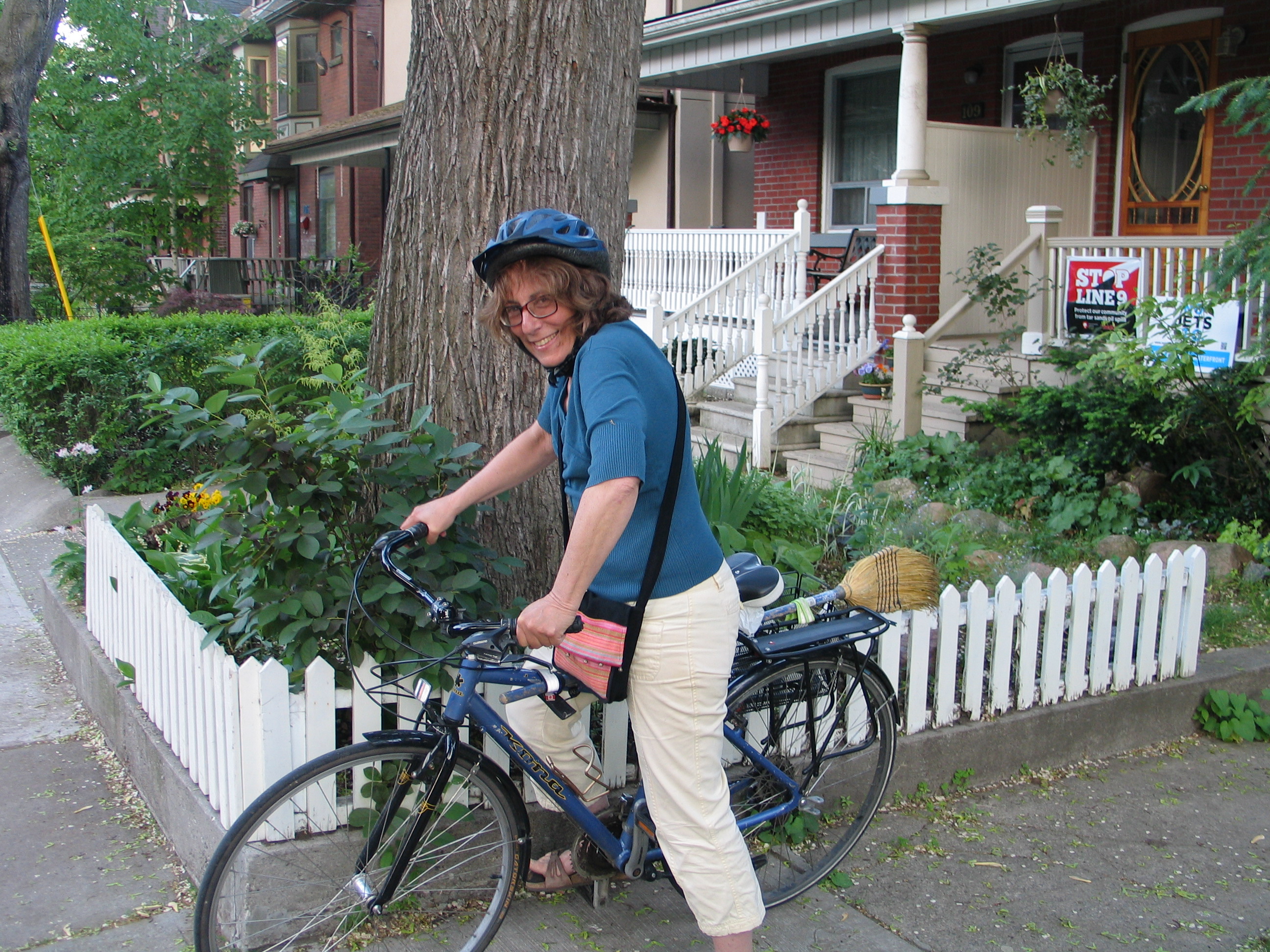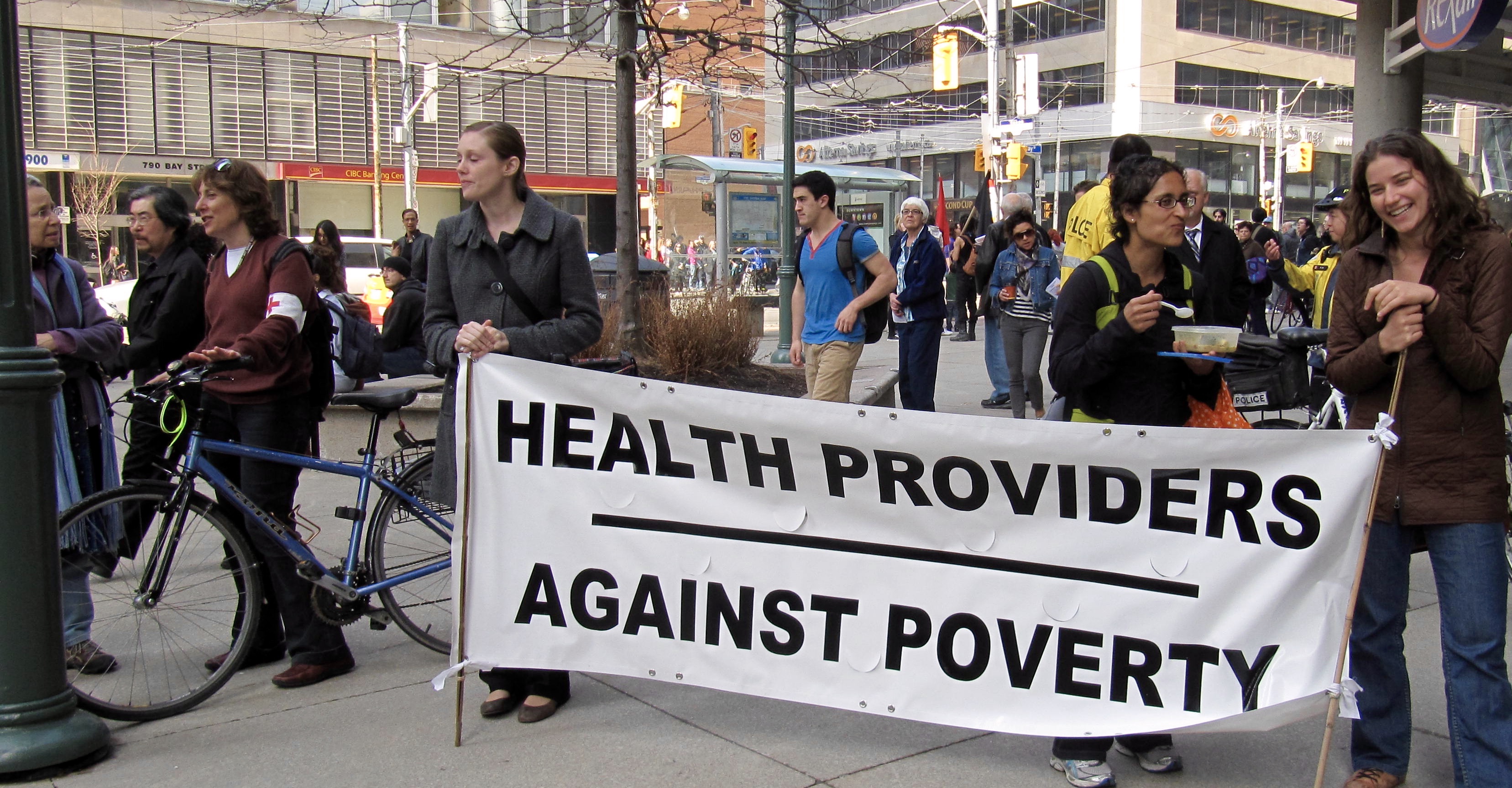About Miriam Garfinkle
Miriam Garfinkle (April 24, 1954 – September 15, 2018) was a Canadian physician and social justice activist. She described herself as a humanist and eco-socialist who believed that we have to rid the world of capitalism.
Raised in Toronto in a secular Jewish family by parents with a background in left-wing politics, she was politically active from an early age. Recalling her childhood in an interview, she said that she early on absorbed her family’s humanist values and their belief in acting on those values. When she was 14, she became involved in the local campaign to support the United Farmworkers’ grape boycott, and later, while still in high school, was part of a women’s group providing birth control information to high school women. In her last year of high school, 1971-72, she attended a newly founded ‘free school’ (AISP – Alternative Independent Study Program) which she had helped set up.
In the latter half of the 1970s and the early 1980s, she was a member of the Toronto Liberation School, a libertarian socialist project which organized courses and discussions on topics such as Marxism, the environment, and the family. Miriam credited these discussions with helping her to develop and deepen her Marxist-humanist political views.

Medicine and the politics of health
Miriam studied medicine at McMaster University in Hamilton, Ontario, graduating in 1979. She subsequently worked in the Immigrant Women’s Health Centre in Toronto as well as in private practice. She was one of the founding members of the Medical Reform Group of Ontario, an organization of radical doctors and medical students which advocated for “the universal access of every person to high quality, appropriate health care” without monetary or other deterrents to equal care, and which said that “health care workers, including physicians, should seek out and recognize the social, economic, occupational and environmental causes of disease, and be directly involved in their eradication.” Miriam was one of the MRG’s spokespersons in advocating for medically insured free-standing abortion clinics.
After some years in private practice, Miriam began working at the Regent Park Community Health Centre. She became an outspoken supporter of the community health centre model, with its emphasis on accountability to the community and on health care providers working together as a team. She advocated for the health and social needs of people living in poverty, refugees, and undocumented migrants, and also campaigned for increases in the minimum wage and for improved sick leave benefits, especially for precarious and minimum-wage workers.
Zionism, Israel, and Palestine
Miriam’s years in Jewish summer camps initially led her to believe in the possibility of a left-wing Zionism which could create a Jewish homeland while guaranteeing equal rights for Palestinians. Over time, she began to increasingly question those beliefs. One turning point, she later recalled, came in 1971, when as a sixteen-year-old she saw Gillo Pontecorvo’s film The Battle of Algiers. “A light went on in my head,” she said. Suddenly, she said, she saw the parallels between the anti-colonial struggles of the Algerians and the Palestinians. Later she came to draw parallels between the treatment of Palestinians in Israel and Indigenous peoples in Canada.
Miriam became an outspoken opponent of Israel’s treatment of Palestinians, and a supporter of the Boycott, Divestment, and Sanctions (BDS) movement aimed at pressuring Israel at ending its human rights abuses and theft of Palestinian land. She said that, as a Jew, she felt a special obligation to speak out about this and to say “Not in my name.” She was for years a member of a group which held a weekly educational vigil outside the Israeli consulate in Toronto, handing out literature about Israeli human-rights violations and engaging passers-by in conversation. She was the spokesperson for a group of Jewish women who occupied the Israeli consulate in Toronto when Israel attacked Gaza in January 2009.
In early 2004, at a demonstration against the U.S. invasion of Iraq, she met Robert Massoud, who had recently founded Zatoun, a project to import Palestinian olive oil and other Palestinian products to Canada to create awareness for a just peace for Palestine-Israel, as well as to provide income for Palestinian farmers. Miriam agreed to become the first member of the Zatoun board, and started promoting and selling olive oil in her spare time, becoming what Robert described as “the #1 Zatoun salesperson in the world”. Miriam described her volunteer involvement in Zatoun as “sustainable activism” and continued her involvement with Zatoun to the end of her life.



Nature and environmental activism
Miriam spent a great deal of time out in nature, and she was also a committed environmentalist. She was active in anti-pipeline and anti-tar sands campaigns. A particular priority was environmental racism: the effects of the mining, oil, and other industries on Indigenous communities. After she retired, Miriam was heavily involved in the campaign against Enbridge’s Line 9. Her opposition was based on the risks posed by Line 9 itself, especially the danger of spills contaminating the drinking water of Indigenous and other communities, and equally on her opposition to the tar sands, a major contributor to climate change.
Humanism and eco-socialism
Miriam always described herself as a humanist, which to her implied socialism. Socialism to her meant, not minor adjustments to the status quo, but a commitment to ridding the world of capitalism. She also believed that socialism had to mean transforming our environment-destroying societies to live in harmony with nature, and in later years, she began to refer to herself as an ecosocialist. In an interview, she summarized what acting as a humanist meant to her with the observation that “All there is, is us. There is no one but us to do this.”
Miriam’s partner Ulli Diemer commented that “she was always strategic. It might sometimes seem that Miriam involved herself in many different issues, and in a sense that’s true. But in a deeper sense, she only had one issue: building a world based on justice and community where people live in harmony with the planet.”
Miriam died of cancer in 2018, at the age of 64.
Recognition
The Miriam Garfinkle Social Justice Fund was set up to support the kinds of causes that Miriam supported in her lifetime.
Find out about making a donation to the Miriam Garfinkle Social Fund here.
Find out about granting criteria here.
Selected Articles and Talks by Miriam Garfinkle
Resisting the Occupation with Olive Oil
Line 9 pipeline is a risky business